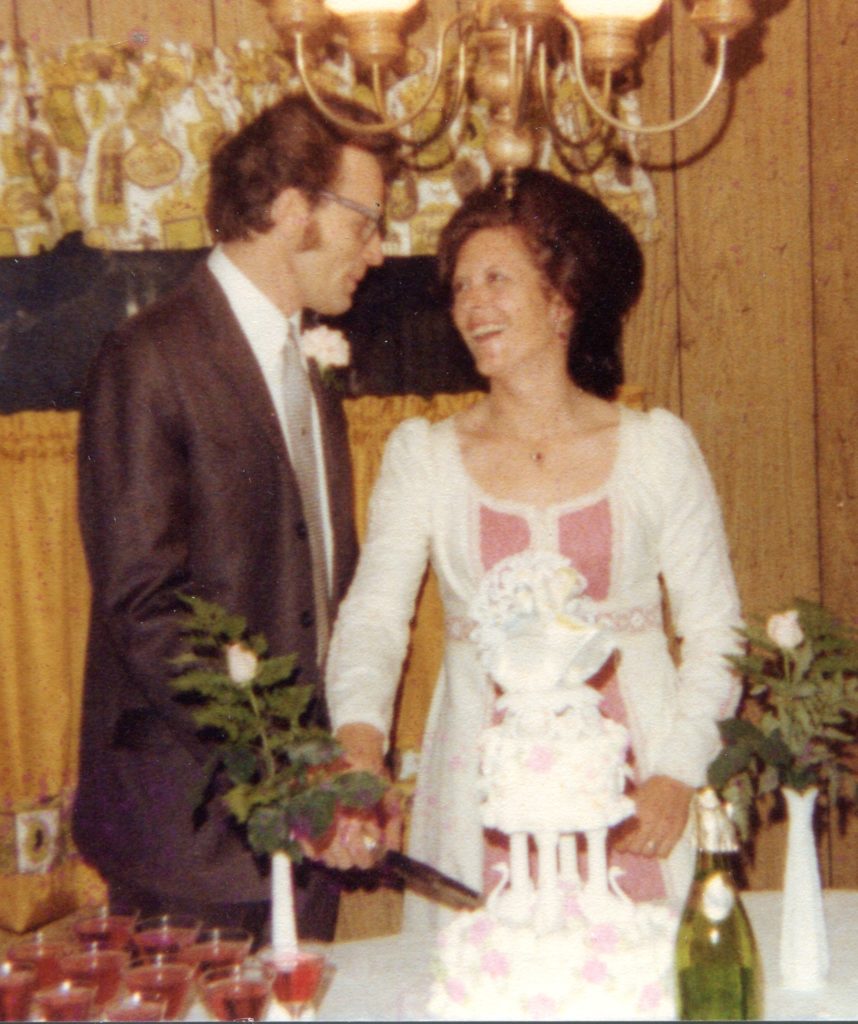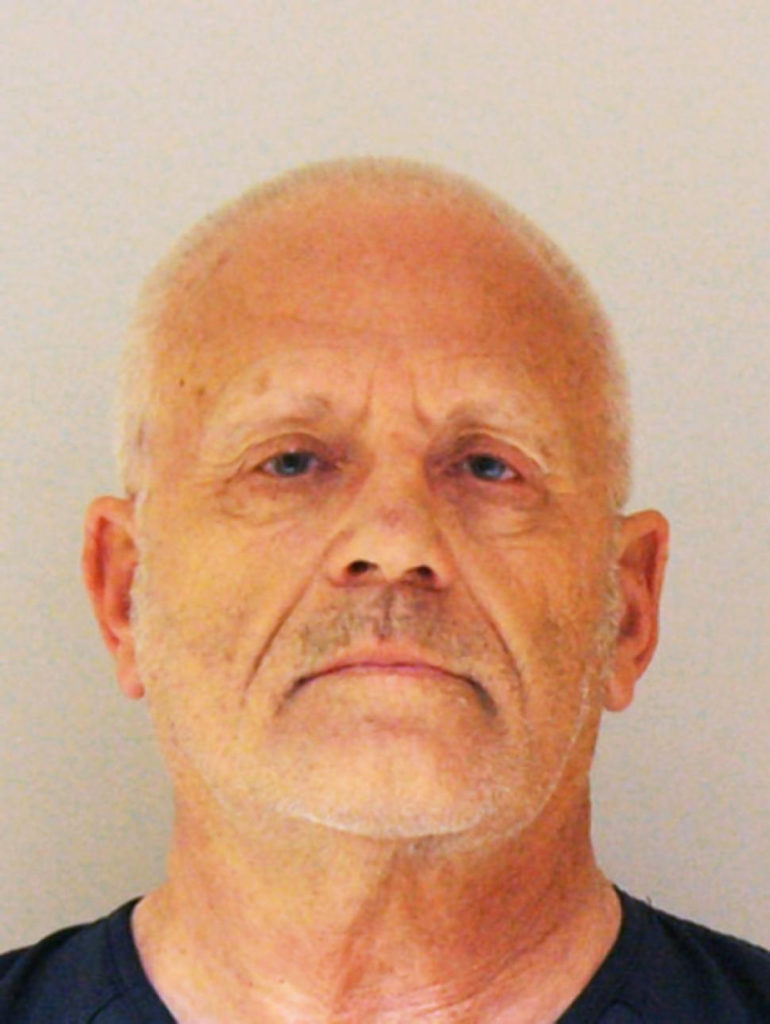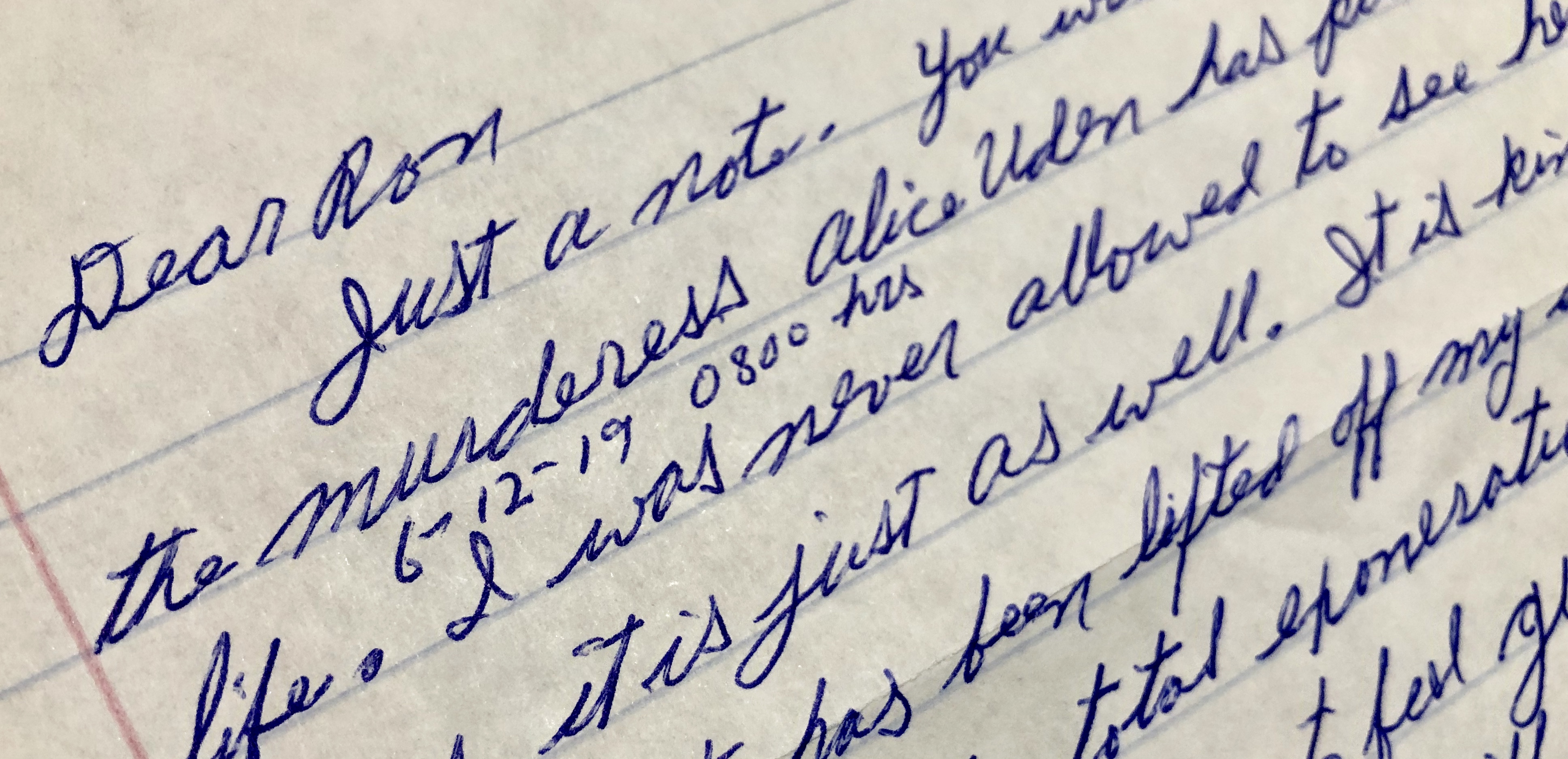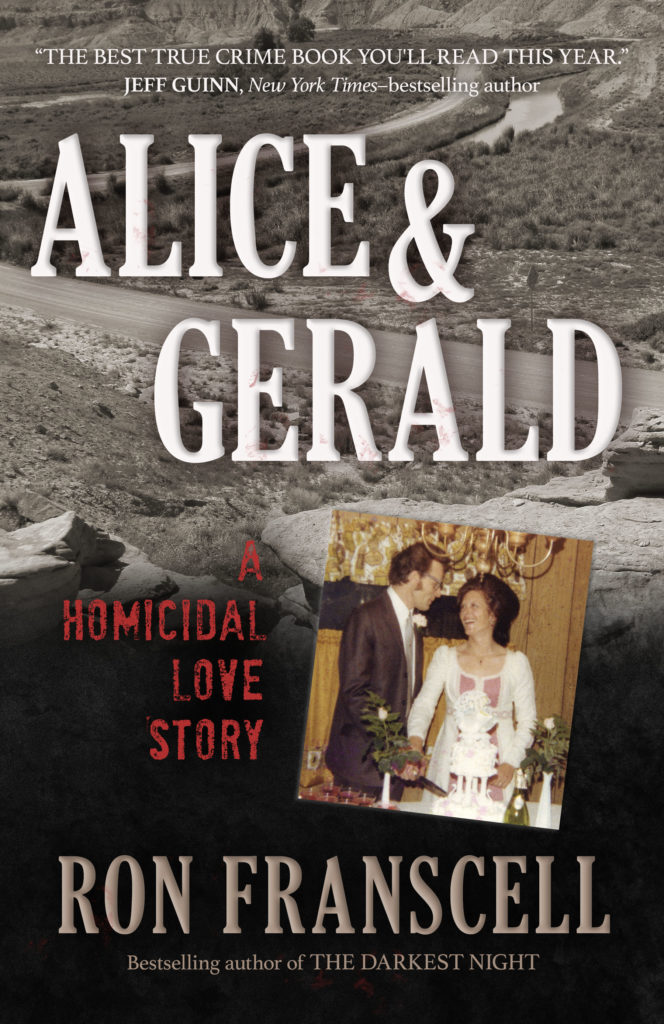In the fall of 2013, seventy-somethings Gerald and Alice Uden lived on a farm in rural Missouri, set back a ways from the road and the rest of the world, living happily ever after.
Then the past 40 years came up the road and knocked on their front door.

Way back in 1974, Alice had killed a man. Hell, she’d confessed that to Gerald on the first night they made love. She had a plausible story and she was a lusty lover, so he didn’t care.
Six years later, she wanted Gerald to kill somebody, too: Gerald’s ex-wife Virginia and her two boys, 10 and 11, who’d been adopted by Gerald. They vexed Alice. Ex-wives should be invisible, she thought. They shouldn’t come around looking for more of anything … in Virginia’s case, child support.
An angry Alice gave Gerald an ultimatum: Take care of it or I’m gone.
Gerald took care of it. Three bullets, three brains, in less than 10 seconds, he was proud to admit later. He did sickening things with their bodies. That was the story he told.
On that day in 2013, Gerald blurted it all out, just like that. And when they took him back to Wyoming to face charges, he told that same story and got three life terms. Already in his 70s, it was still a death sentence.
Weeks later, Alice herself—now a frail grandmother—was convicted of murdering that guy in 1974 and she, too, got life.
My new true-crime book, “Alice & Gerald: A Homicidal Love Story,” explored their perverse romance and grotesque killings. And it suggested that Gerald’s story just didn’t add up. Alice must have been more involved in the planning and coverup—maybe the actual killing—than Gerald was letting on. It might even have been more monstrous than Gerald’s well practiced story, and Alice was an evil participant. No, no, no, he insisted, he did it all alone. Alice was innocent. For three years, Gerald’s letters from prison insisted that he alone had committed the crime, not Alice.
But just before Alice died, he dropped a bombshell: Alice, not he, had killed Virginia and her boys, and buried them in a clandestine grave in the mountains.
Then on June 12, 2019, Alice died. She was 80.
The very next day, Gerald wrote me a letter from his cell. It arrived yesterday. If anyone imagined he might take his deluded devotion to the grave, they were wrong. The letter, dated June 13, 2019, said:
Dear Ron
Just a note. You will be pleased to know that the murderess Alice Uden has passed on to the next life. 6-12-19 0800hrs. I was never allowed to see her and in some ways it is just as well. It is kind of like a great weight has been lifted off my shoulders.
I am now free to seek total exoneration which I intend to do. And I don’t have to feel guilty about it. I don’t know if the courts will hear my case since there was a plea agreement but if I don’t try I will end up dieing [sic] here.
I asked her to take ownership of Don Prunty and Virginia and the boys but she refused. There was one thing about Alice I never understood. She was supposedly a devout Catholic but there was no forgiveness in her. Once you got on her bad side there was no redemption.
I don’t know what you intend to do with all this. As for myself I am going to live the best way I can. I like to think of myself as a Christian and there is forgiveness in my heart even for those who have done terrible things. Jesus once told a crowd “those of you without sin cast the first stone.” Can I do any less?
Best Wishes
Gerald

Did Alice really do it, or is she just an eternally silent scapegoat for an aging, desperate, imprisoned killer? The truth is probably somewhere in between. Gerald is no choirboy, and Alice was certainly capable. But Alice would not have kept him in the dark for nearly 40 years—she was a narcissistic sociopath who needed to tell somebody what she’d done. It doesn’t much matter: Whoever did it needed help. Without a doubt, both were involved, together and separately, in murdering four people, probably five. How they really did it might never be known for sure.
For some time now, Gerald has dwelt on the notion that his confession alone shouldn’t have been enough to send him to prison for the rest of his life. No matter how absurd that sounds to the rest of us, he has come to believe he was wrongfully convicted. Thus, his letter.
Thanks to her husband, Alice won’t soon be resting in peace, if there was any chance in hell she might.
Want to know the whole sordid story? Bestselling crime author Ron Franscell’s new true crime, “Alice & Gerald: A Homicidal Love Story” (2019, Prometheus Books), is available at bookstores everyhere.

